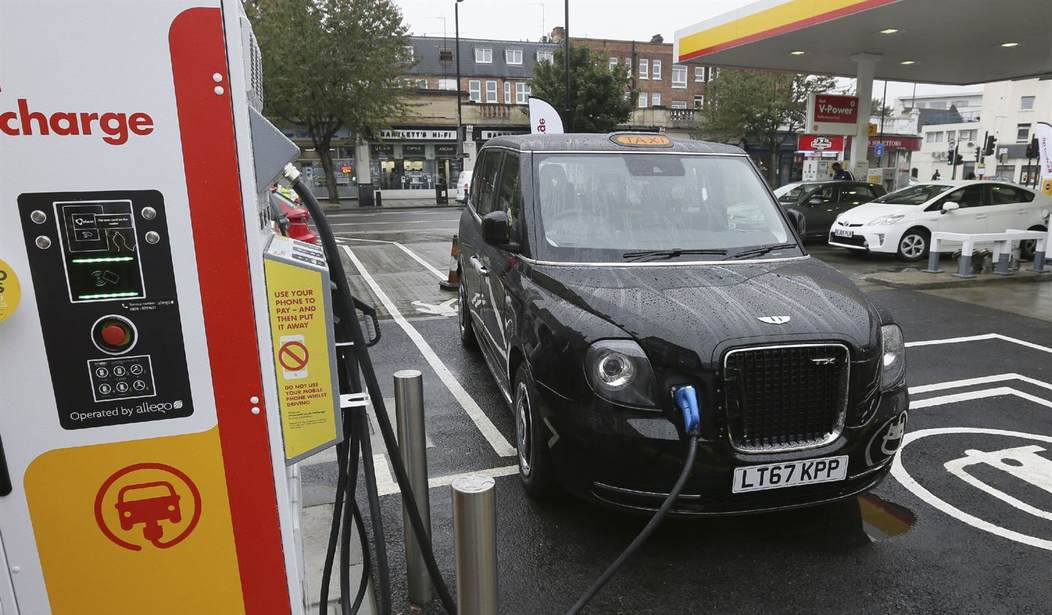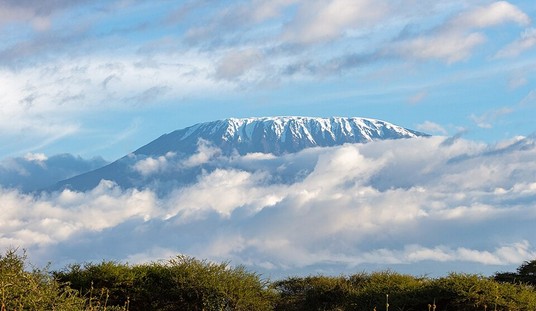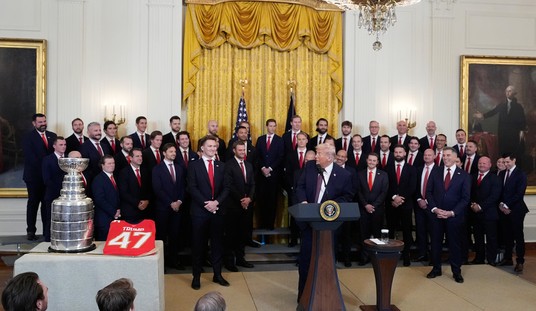The purveyors of climate alarmism and the urban environmental activists never seem to understand the costs of the very things they promote. They look the other way as windmills kill eagles, and they look the other way as solar power arrays fry birds in flight. They look the other way when the federal government spends millions on electric-vehicle chargers, and yet only manages to install 384 chargers, at a cost of $19.5 million each.
They never understand the cost of trying to drive out reliable, high-density energy sources in favor of unreliable, intermittent, low-density energy sources, and ignore or actively oppose the one existing source of energy that is clean, reliable, and high-density - nuclear power.
Case in point: To extend the range of electric vehicles powered by lithium-ion batteries, nickel is used in the production of those batteries. The Daily Sceptic's Environment Editor, Chris Morrison, informs us that a great deal of that nickel comes from Indonesia, where the open-pit mining of that metal is causing environmental havoc.
Eco Smugs sitting in their top-of-the-range electric vehicles are probably unaware, or perhaps don’t want to know, about the unfolding ecological tragedy in the virgin tropical rainforests of Indonesia. Higher EV ranges have been achieved by adding nickel to lithium-ion batteries, an addition that has also boosted the performance of some public transport buses in cities like London. As with many green ‘advances’, the ecological cost is horrendous. Over half the world’s supply of nickel is located in Indonesia and much of that is to be found just a few feet below unspoilt rainforests. Cue massive deforestation and extensive rollout of smelters and even EV battery factories.
That's a recipe for an environmental disaster - a real one - but it's far away, in a third-world country, so the climate scolds of the developed nations of North America and Europe can't be bothered by it. Granted, not every aspect of this is disastrous; the mining operations do bring jobs to the areas affected. But once the metal is extracted, what happens then? Mind you, all this nickel is used to try to extend the range of electric vehicles overwhelmingly sold in those developed nations, to try to make them competitive with traditionally-fueled vehicles, or even hybrids.
Nickel mining is a messy process, and a lot of the ore is found under what has been an undisturbed rainforest. Aren't we supposed to be concerned about the destruction of rainforests? Are they no longer the lungs of the earth? (A title which rightly should go to the great northern taiga - or to ocean phytoplankton.)
Most of Indonesia’s nickel reserves are on the islands of Sulawesi and Halmahera. Nickel deposits are typically found in rock between 20 and 50 feet below the surface and are easily extracted by open-cast mining. Many of the mining concessions are in forest lands, often secondary growths but with significant burials under the older, undisturbed mature rainforests. Undisturbed until now. In 2020, Indonesia banned the export of nickel ore, which led to the introduction of local metal processing facilities. Significant destruction has occurred in the rainforests, converting habitats into open-pit mines and industrial parks. If carbon dioxide is your thing, it might be an idea to consider all the stored CO2 released to make so-called eco, planet-saving car batteries. Not to mention the loss and possible extinction of endemic species and the local wastewater contamination running into the sea and harming nearby coral reefs.
So why don't the climate scolds seem to want to talk about this?
Read More: The Federal EV Credit Is Gone - What Happens Now?
What Does a $19.5 Million EV Charger Look Like? Ask Pete Buttigieg.
There's a lot more they don't want to talk about.
Of course the hypocrisy around EVs does not stop there. There are not enough children in the Congo to mine all the cobalt required, while the country of China that is now taking over EV manufacture is hardly a shining beacon of virtue when it comes to human rights and employment practices.
But all of this is a price the Eco Smugs seem prepared to pay. High-subsidy, low-inertia onshore wind turbines kill millions of bats and birds every year, with large gliding raptors such as eagles at particular risk. The countryside is swept of insects with every turn of the blades, helping to produce local ecological disaster areas. Once productive food-growing land is turned into dead zones by subsidy-seeking solar panels.
The climate scolds don't want to be told about these things. There is a significant amount of cognitive dissonance in the scolds' thinking; they love the visible virtue signal of an EV, they love to parade their smugness, and make no bones about their desire to force the rest of us to comply with an agenda that would reduce our current high-technology, high-energy lifestyle. And they really, really don't want to be told about things like the ruin of Indonesian forests for nickel mining that, in a developed nation, would see the land reclaimed and replanted when the metal was extracted. Will that happen in Indonesia? Or Congo? Or China? Who knows? The climate scolds certainly don't. And their inattention implies strongly that they don't care.
I'll start listening to the people who cry so much about the climate and the environment when they start acting like they are concerned about the planet and the environment. Until that day comes - I'm not holding my breath - I'll go on living as I have, actually out in the environment, driving my huge diesel pickup, and eschewing the electric shoeboxes whose range would shorten so dramatically in the cold of an Alaskan winter.















